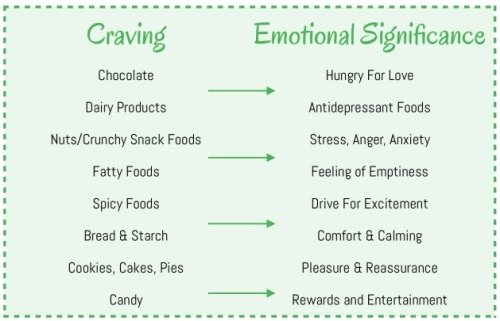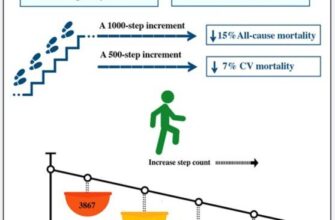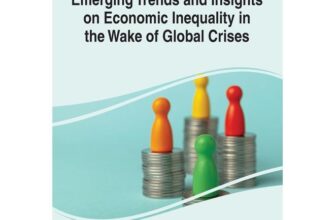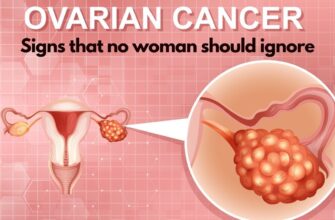It`s a familiar scenario: the deadlines pile up, financial anxieties loom, or the future just feels a bit… hazy. Suddenly, that salad you planned for dinner looks less appealing than a generously loaded pizza or a tub of ice cream. This universal tendency to “eat our feelings” when stressed has long been attributed to simple emotional comfort. However, recent scientific inquiry suggests there’s a deeper, more primal mechanism at play, particularly when the stress stems from a sense of uncertainty or potential scarcity.
The Science Unveiled: Beyond Emotional Eating
A study conducted by researchers at Texas A&M International University sheds new light on this widespread phenomenon. Published in the journal Food Quality and Preference, their findings suggest that our modern-day cravings for high-calorie foods during stressful periods might be a sophisticated evolutionary adaptation, hardwired into our biology to ensure survival in times of perceived hardship.
The Experiment: A Glimpse Into Primal Responses
To investigate this link, 142 university students participated in an insightful experiment. They were asked to immerse themselves mentally in one of three distinct hypothetical scenarios:
- The Stable Life: Participants imagined a serene existence with job security and a promising, predictable future.
- Economic Instability: This group confronted a reality of financial uncertainty, such as job loss, debt, or the threat of losing assets.
- Physical Threat: The third scenario involved a dangerous environment with risks of violence or other personal threats.
Following these thought exercises, participants were shown pairs of images featuring both low-calorie and high-calorie food items. Using advanced eye-tracking technology, the researchers meticulously recorded where the participants` gaze lingered and for how long. Additionally, surveys were administered to gauge their perceived attractiveness of the food, hunger levels, financial status, and expectations of future food shortages.
The results offered a compelling narrative:
- Participants generally demonstrated a faster recognition and longer focus on high-calorie foods.
- This preference was significantly amplified in the group imagining economic hardship and future scarcity. They not only chose more nutrient-dense options but also fixated on them for noticeably longer durations.
- Interestingly, the scenario involving a physical threat did not elicit the same response. In fact, some participants in the stable, secure scenario even showed a heightened interest in low-calorie options.
Why Your Brain Cravings Cake When Your Job Is Shaky
The core takeaway from this research points to an evolutionary explanation. When confronted with uncertainty, particularly concerning resources or stability, our bodies instinctively prepare for a potential period of scarcity. This preparation manifests as a powerful drive to consume and store energy. High-calorie foods—rich in fats, sugars, and carbohydrates—are nature`s ideal solution for rapid energy replenishment and storage.
Consider it a remnant of our hunter-gatherer past. When food was unpredictable, the ability to quickly identify and consume energy-dense provisions during times of stress (like an impending famine or harsh winter) was a significant survival advantage. Your ancient brain, it seems, is still attempting to “stock the pantry” at the first sign of economic turbulence, even if that turbulence only exists on your monthly bank statement. So, that extra slice of cake isn`t just a lapse in willpower; it might just be your prehistoric brain trying to `prepare for winter,` albeit in a world with DoorDash.
Navigating the Modern Feast in an Ancient Brain
Understanding this primal mechanism doesn`t necessarily make resisting the urge easier, but it does provide valuable insight. Recognizing that your craving for comfort food during stress isn`t solely a failure of discipline, but potentially an ingrained evolutionary response, can be empowering. It shifts the perspective from personal weakness to biological programming.
For individuals grappling with stress-induced eating, this research suggests that addressing the underlying perception of uncertainty might be as crucial as focusing on dietary choices. Strategies that foster a sense of stability, control, and mindfulness during stressful periods could potentially mitigate this ancient craving. By understanding the `why,` we are better equipped to develop more effective coping mechanisms that align with our modern existence, rather than our ancestral one.









